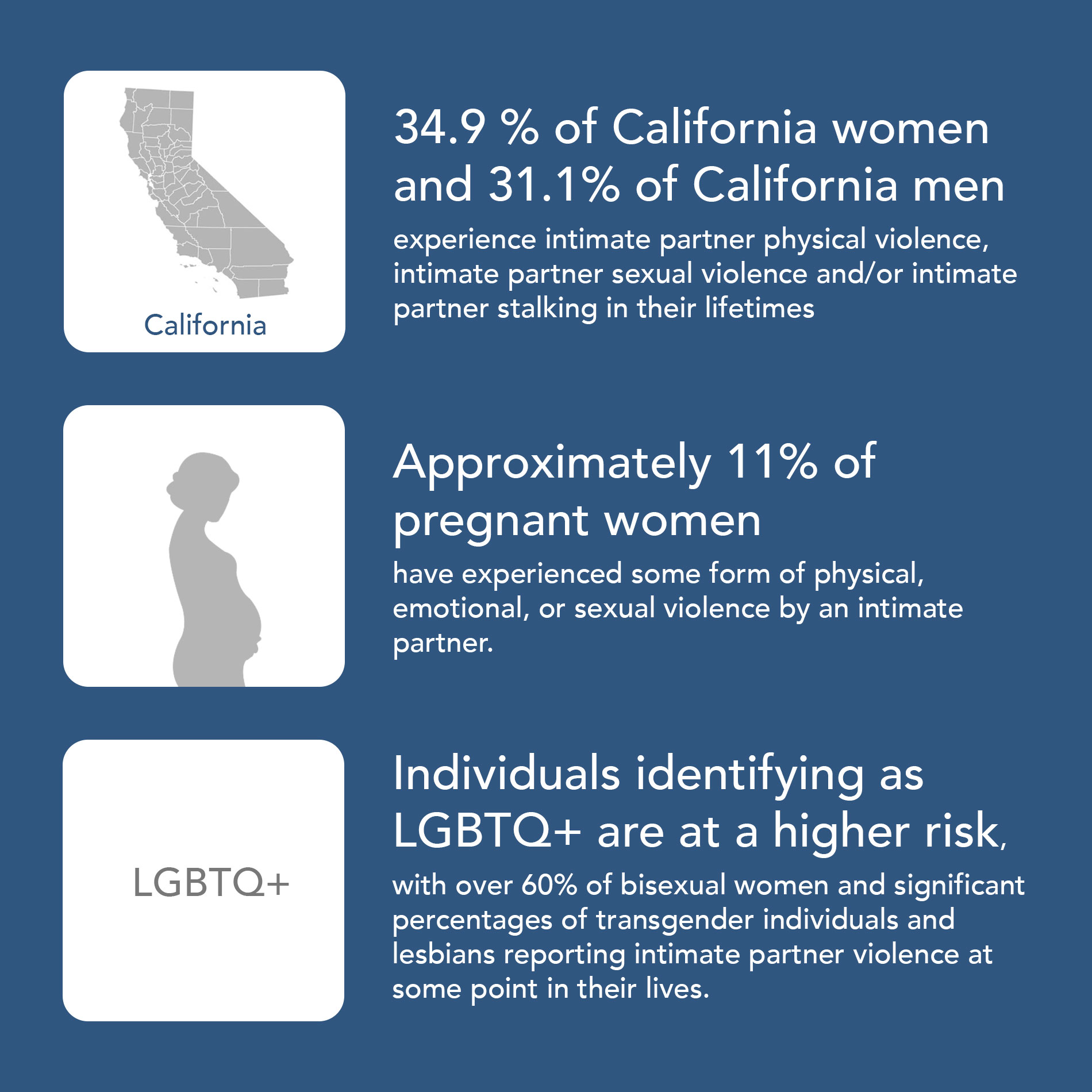8075 W 3rd St, Los Angeles, CA 90048
468 N Camden Dr, Beverly Hills, CA 90210
1505 Osceola St, Denver, CO 80204
468 N Camden Dr, Beverly Hills, CA 90210
1505 Osceola St, Denver, CO 80204
Strong and Effective Representation with Attorney Nicole Duncan
Domestic violence cases are some of the most emotionally charged and legally complex matters in California’s judicial system. Whether you are seeking protection from abuse or defending against false accusations, having an experienced domestic violence lawyer is essential. At Duncan Family Law, we specialize in handling sensitive cases with the utmost care, professionalism, and dedication.
Nicole Duncan, a trusted Los Angeles domestic violence attorney, is here to provide you with the support and advocacy you need during this challenging time. We offer a free consultation to discuss your case and help you understand your rights and develop a legal strategy.
Nicole Duncan brings extensive legal expertise and a client-focused approach to every case. Her commitment to protecting the rights of her clients and her deep understanding of California’s domestic violence laws make her a highly sought-after advocate in Los Angeles.
Here’s why clients trust Nicole Duncan:
Under California law, domestic violence refers to abuse or threats of abuse between individuals in close relationships, such as spouses, co-parents, or cohabitants.
Domestic violence, also known as domestic abuse, is a pattern of behavior in which one partner uses physical, emotional, or psychological abuse to control and dominate the other partner. This type of abuse can occur in any type of relationship, including romantic relationships, marriages, and family relationships. Domestic violence can take many forms, including physical assault, emotional abuse, verbal abuse, financial abuse, and digital abuse.
| Type of Abuse | Description | Legal Protections |
|---|---|---|
| Physical Abuse | Any act causing physical harm or injury | Criminal charges, restraining orders |
| Emotional Abuse | Threats, coercion, or manipulation | Restraining orders |
| Financial Abuse | Restricting access to resources | Divorce settlements, court orders |
| Verbal Abuse | Verbal threats or consistent harassment | Restraining orders |
| Elder Abuse | Neglect or abuse of older adults | Civil lawsuits, elder abuse restraining orders |
California Penal Code Section 273.5 governs many domestic violence cases, allowing for severe penalties, including jail time and fines.

California has strict laws regarding domestic violence, and the state takes these cases very seriously. California Penal Code Section 273.5, defines domestic violence as any willful infliction of corporal injury resulting in a traumatic condition upon a spouse, former spouse, cohabitant, former cohabitant, or the mother or father of the defendant’s child. This law applies to both physical and emotional abuse.
In California, domestic violence can be charged as either a misdemeanor or a felony, depending on the severity of the offense. A misdemeanor conviction can result in up to one year in county jail, while a felony conviction can result in up to four years in state prison. Additionally, a conviction for domestic violence can result in a restraining order, mandatory counseling, and other penalties.
The legal process for domestic violence cases is complex, and the consequences of a conviction can be severe. Therefore, it is crucial to seek the assistance of experienced domestic violence lawyers as soon as possible. Book your initial consultation with our law firm today!
At Duncan Family Law, we provide comprehensive legal assistance tailored to your unique situation.
A restraining order can provide immediate legal protection.
If you have been charged with domestic violence, a skilled attorney can help you develop a strong defense strategy to protect your rights and interests. Some common defense strategies include:
Our experienced domestic violence lawyers will thoroughly investigate your case, gather evidence, and develop a defense strategy tailored to your specific situation. With the right legal representation, you can protect your rights and work towards a favorable outcome in your domestic violence case.
Domestic violence can have a significant impact on family law matters, including divorce and child custody cases. In California, the court’s primary concern is the safety and well-being of the children. If there is a history of domestic violence, the court may be more likely to award sole custody to the non-abusive parent.
In addition, domestic violence can also impact the division of property and spousal support in a divorce case.
| Step in Process | Timeframe | What to Expect |
|---|---|---|
| Reporting Abuse | Immediate | Police investigation, restraining order. |
| Filing Charges | Within weeks | Case filed in criminal or family court. |
| Hearings & Trials | Weeks to months | Testimony, evidence review. |
If you are facing a domestic violence issue, prompt legal action can protect your rights and influence the case outcome. Delaying action may result in missed opportunities for legal remedies or defense strategies.
Nicole Duncan’s early intervention strategies include:
Don’t navigate the complexities of domestic violence law alone. Nicole Duncan is ready to fight for your rights and provide the support you deserve.
Schedule your consultation today!
Domestic violence includes physical harm, threats, and other abusive actions against someone with whom you have a close relationship.
Penalties range from mandatory counseling and probation to jail time and hefty fines.
Yes. Restraining orders are legally binding and can be contested in court.
Duncan Family Law
Address: 8075 W 3rd St, Los Angeles, CA 90048
Phone: (855) 369-9993

Duncan Family Law
Address: 8075 W 3rd St, Los Angeles, CA 90048
Phone: (855) 369-9993
LEGAL DISCLAIMER: All content provided on this site is for informational purposes only and is not intended to be legal advice. Contacting us does not create an attorney-client relationship and any prior results do not guarantee a similar outcome. Please consult an attorney for advice regarding your individual situation.